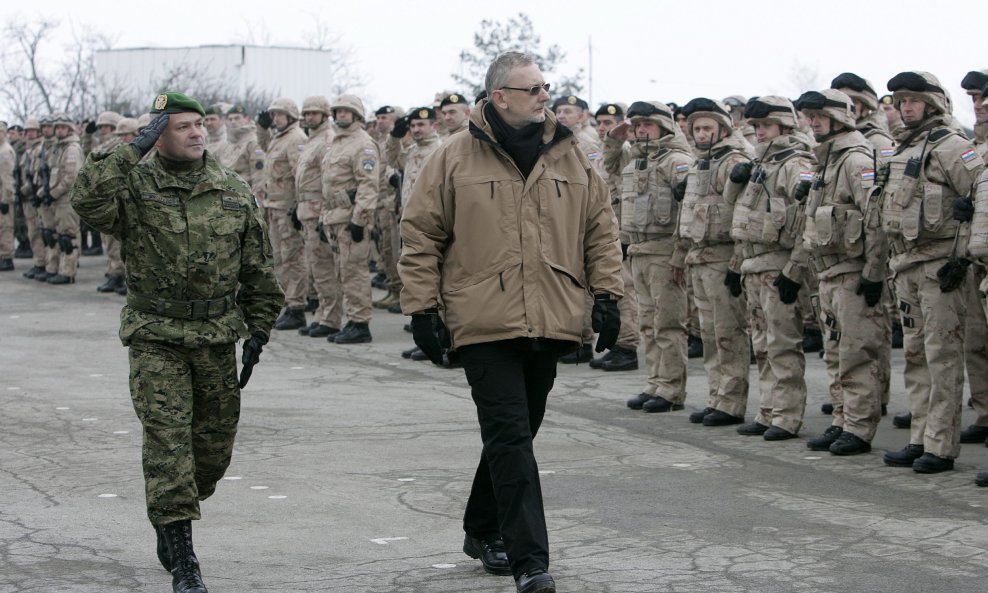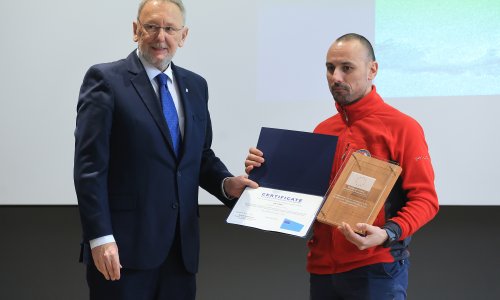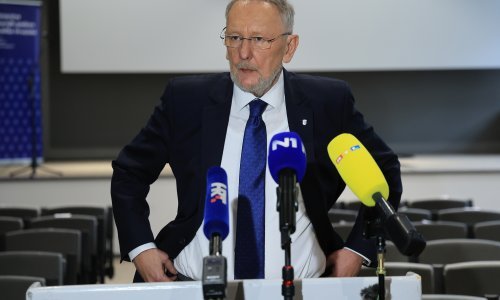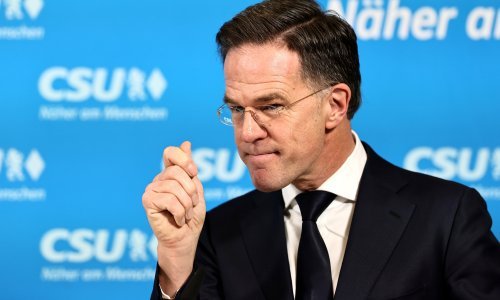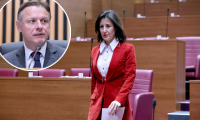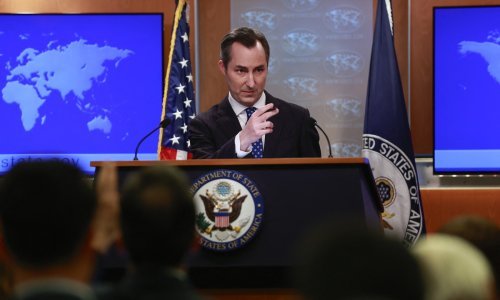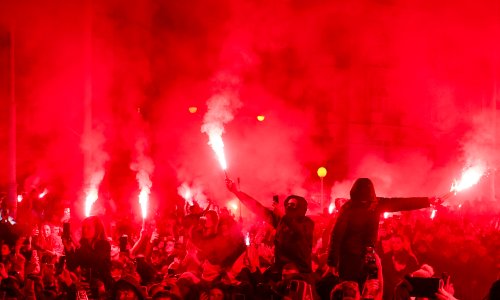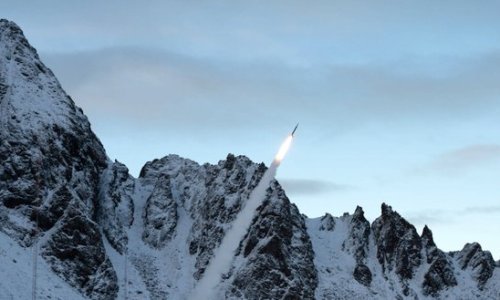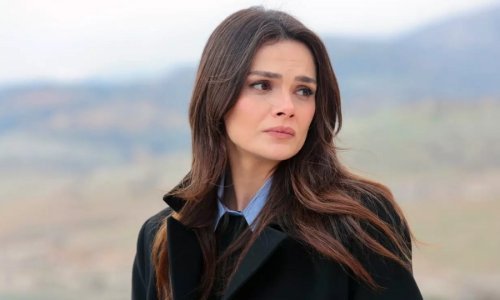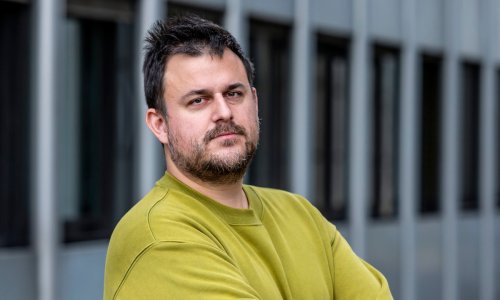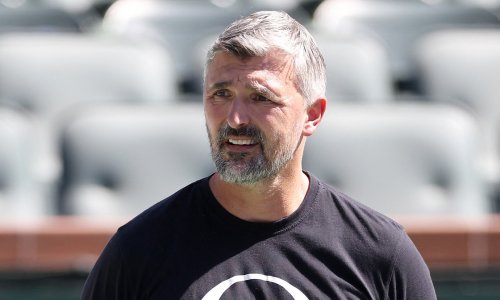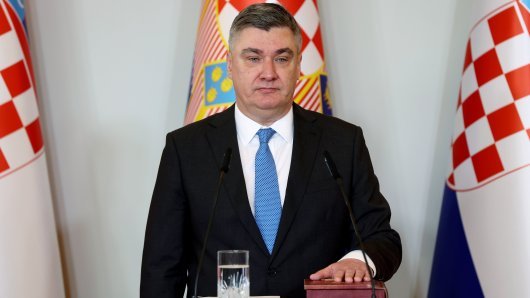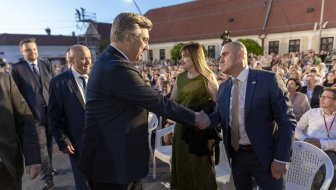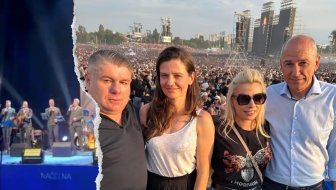Croatia supports the operation against Libyan leader Muammar Gaddafi and is involved in discussions on the extent of NATO's involvement in the mission to protect civilians and enforce the no-fly zone over Libya, Defence Minister Davor Bozinovic said on Wednesday.
"Croatia supports the operation aimed at stopping a dictator from killing his citizens," Bozinovic told reporters after talks with the Commander of Allied Command Transformation, General Stephane Abrial.
Responding to questions from the press, Bozinovic said that as a NATO member, Croatia was taking part in discussions in Brussels on how to involve NATO in Libya, confirming that only a decision to deploy allied ships in the Mediterranean was made so far.
NATO ambassadors met this afternoon to decide about the extent of NATO's engagement in the implementation of the UN Security Council's resolution on Libya. The US, Great Britain and France have agreed that NATO should have a key operational role, but this requires the consent of all 28 member countries, which are divided as to whether NATO should also have political control.
Bozinovic said Libya was not the topic of his talks with Abrial and that they discussed how to make NATO more efficient at a time when defence budgets were cut because of the economic crisis.
Croatia is in the process of adopting strategic documents which should give a view of its armed forces in the coming period and NATO's advice is very helpful, said Bozinovic.
He said the goal was to adopt documents which would match the actual capabilities and needs, underlining that more money should be set aside for army upgrading and operations, while the overlapping of tasks in the Defence Ministry and the General Staff should be reduced.
Abrial said Croatia contributed significantly to NATO activities, notably to the ISAF mission in Afghanistan, where Croatian troops are training Afghan security forces, which he said was crucial for transition in that country.
He also welcomed Zagreb's commitment to the necessary military reform, saying a lot of progress was made.



